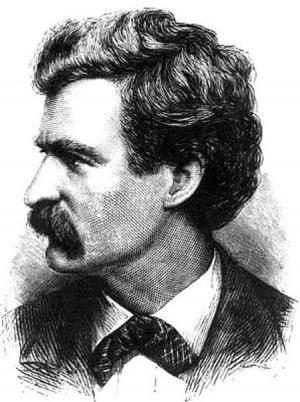| Author: | Ivan Sergeevich Turgenev | ISBN: | 9781465590053 |
| Publisher: | Library of Alexandria | Publication: | March 8, 2015 |
| Imprint: | Language: | English |
| Author: | Ivan Sergeevich Turgenev |
| ISBN: | 9781465590053 |
| Publisher: | Library of Alexandria |
| Publication: | March 8, 2015 |
| Imprint: | |
| Language: | English |
The author of the Dvoryanskoe Gnyezdo, or "Nest of Nobles," of which a translation is now offered to the English reader under the title of "Liza," is a writer of whom Russia may well be proud.[A] And that, not only because he is a consummate artist,—entitled as he is to take high rank among those of European fame, so accurate is he in his portrayal of character, and so quick to seize and to fix even its most fleeting expression; so vividly does he depict by a few rapid touches the appearance of the figures whom he introduces upon his canvas, the nature of the scenes among which they move,—he has other and even higher claims than these to the respect and admiration of Russian readers. For he is a thoroughly conscientious worker; one who, amid all his dealings with fiction, has never swerved from his regard for what is real and true; one to whom his own country and his own people are very dear, but who has neither timidly bowed to the prejudices of his countrymen, nor obstinately shut his eyes to their faults. His first prose work, the "Notes of a Sportsman" (Zapiski Okhotnika), a collection of sketches of country life, made a deep and lasting impression upon the minds of the educated classes in Russia, so vigorous were its attacks upon the vices of that system of slavery which was then prevalent. Those attacks had all the more weight, inasmuch as the book was by no means exclusively devoted to them. It dealt with many other subjects connected with provincial life; and the humor and the pathos and the picturesqueness with which they were treated would of themselves have been sufficient to commend it to the very favorable attention of his countrymen. But the sad pictures he drew in it, occasionally and almost as it were accidentally, of the wretched position occupied by the great masses of the people, then groaning under the weight of that yoke which has since been removed, stirred the heart of Russian society with a thrill of generous horror and sympathy; and the effect thus produced was all the more permanent inasmuch as it was attained by thoroughly legitimate means. Far from exaggerating the ills of which he wrote, or describing them in sensational and declamatory language, he treated them in a style that sometimes seemed almost cold in its reticence and freedom from passion.
The author of the Dvoryanskoe Gnyezdo, or "Nest of Nobles," of which a translation is now offered to the English reader under the title of "Liza," is a writer of whom Russia may well be proud.[A] And that, not only because he is a consummate artist,—entitled as he is to take high rank among those of European fame, so accurate is he in his portrayal of character, and so quick to seize and to fix even its most fleeting expression; so vividly does he depict by a few rapid touches the appearance of the figures whom he introduces upon his canvas, the nature of the scenes among which they move,—he has other and even higher claims than these to the respect and admiration of Russian readers. For he is a thoroughly conscientious worker; one who, amid all his dealings with fiction, has never swerved from his regard for what is real and true; one to whom his own country and his own people are very dear, but who has neither timidly bowed to the prejudices of his countrymen, nor obstinately shut his eyes to their faults. His first prose work, the "Notes of a Sportsman" (Zapiski Okhotnika), a collection of sketches of country life, made a deep and lasting impression upon the minds of the educated classes in Russia, so vigorous were its attacks upon the vices of that system of slavery which was then prevalent. Those attacks had all the more weight, inasmuch as the book was by no means exclusively devoted to them. It dealt with many other subjects connected with provincial life; and the humor and the pathos and the picturesqueness with which they were treated would of themselves have been sufficient to commend it to the very favorable attention of his countrymen. But the sad pictures he drew in it, occasionally and almost as it were accidentally, of the wretched position occupied by the great masses of the people, then groaning under the weight of that yoke which has since been removed, stirred the heart of Russian society with a thrill of generous horror and sympathy; and the effect thus produced was all the more permanent inasmuch as it was attained by thoroughly legitimate means. Far from exaggerating the ills of which he wrote, or describing them in sensational and declamatory language, he treated them in a style that sometimes seemed almost cold in its reticence and freedom from passion.















